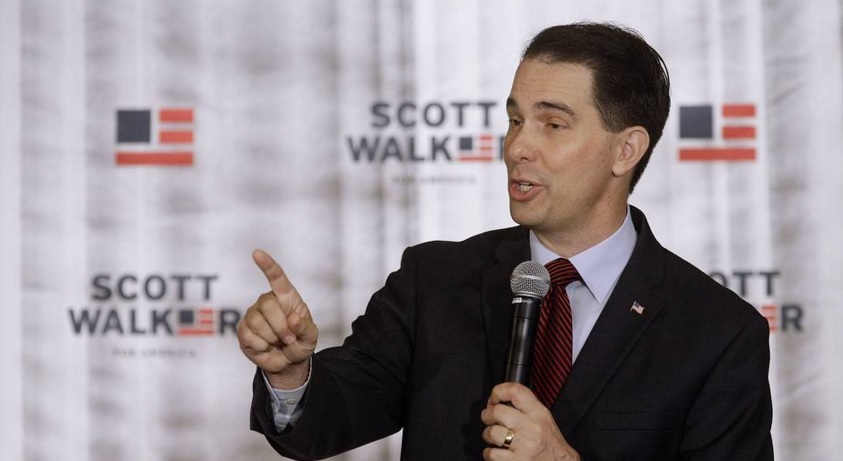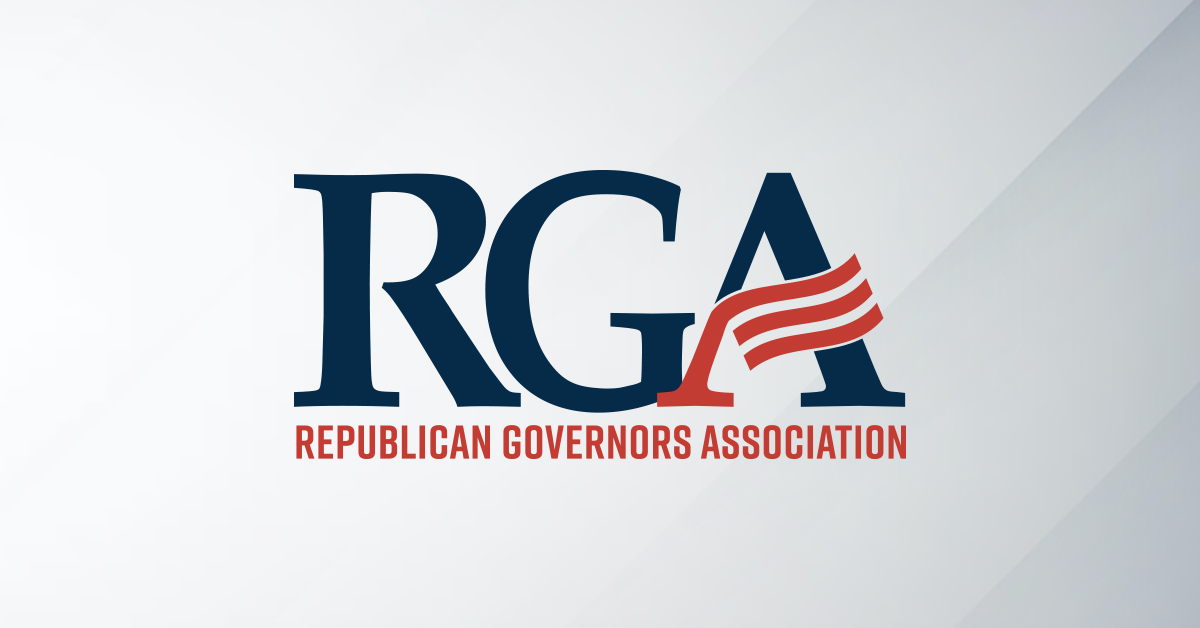
Wisconsin’s Reform Lesson
GOP Governor Scott Walker’s union reform has yielded huge political benefits
Wall Street Journal, 11/30/2016
The GOP will control the state houses and legislatures in 30 states in 2017, and if Republicans want to use this new power they could do worse than look at the Wisconsin example. Governor Scott Walker’s reform of public union laws has transformed the state’s politics.
Mr. Walker’s 2011 reforms, known as Act 10, removed the ability of public unions to collectively bargain for benefits and required that unions be recertified every year by a majority of all members. The law ended the government’s role as the union’s automatic dues collector, and in 2015 Wisconsin also became a right-to-work state.
Given a choice for the first time, workers have left the union in droves. A recent analysis by the Milwaukee Journal Sentinel found that since 2011 the state has seen the largest decline in the country in the concentration of union members in the workforce. By 2015 union members made up some 8.3% of workers in Wisconsin, down from 14.2% before Mr. Walker’s reforms. The Badger State has some 187,000 fewer union members than in 2005, and the Milwaukee Teachers’ Education Association has lost some 30% of its members.
Unions still have clout but they must now operate on the same footing as other groups that represent member interests—such as trade associations—by providing services in exchange for financial support.
Union reforms and right-to-work laws aren’t the only drivers of economic growth, but they do attract many businesses that won’t consider operating in states without them. The reduction in union power has stabilized public finances that were spiraling upward. This in turn gives businesses confidence that they won’t be hit with tax increases year after year, a la Illinois, Connecticut and other states where politics is still dominated by the nexus of public-union donations and government officials.
In 2016 Forbes ranked Wisconsin the 27th state in the country for business, up from 40th in 2011. A survey of CEOs by the Wisconsin Chamber of Commerce found that 84% say the state is heading in the right direction.
In 2011 Mr. Walker’s union reforms and the public Battle of Madison looked like a huge political risk. This year the GOP added two seats to its state Senate majority, which is now 20-13, and one in the Assembly (64 to 35). Break up the duopoly of politicians and government unions, and good things can happen.
Read the full WSJ editorial here.





See the latest videos from RGA
Watch our videosThe numbers say it all. New Hampshire can’t afford to become @maura_healey's Massachusetts.
NEW: Eleven economic development projects in Ohio are expected to create 1,025 new jobs statewide.
Details: https://bit.ly/3J1ZYDO
Follow RGA on Twitter
Follow RGA on Facebook